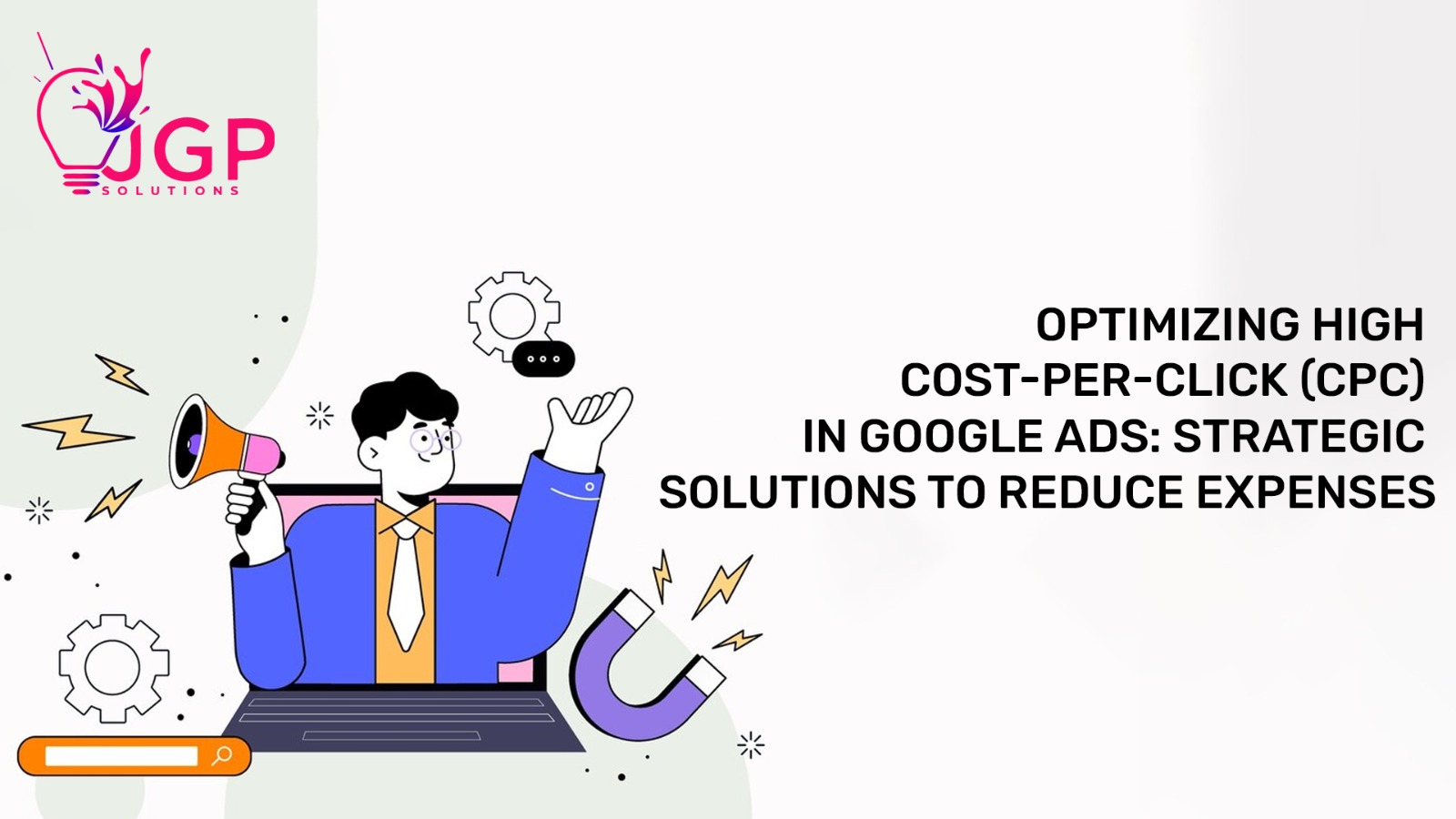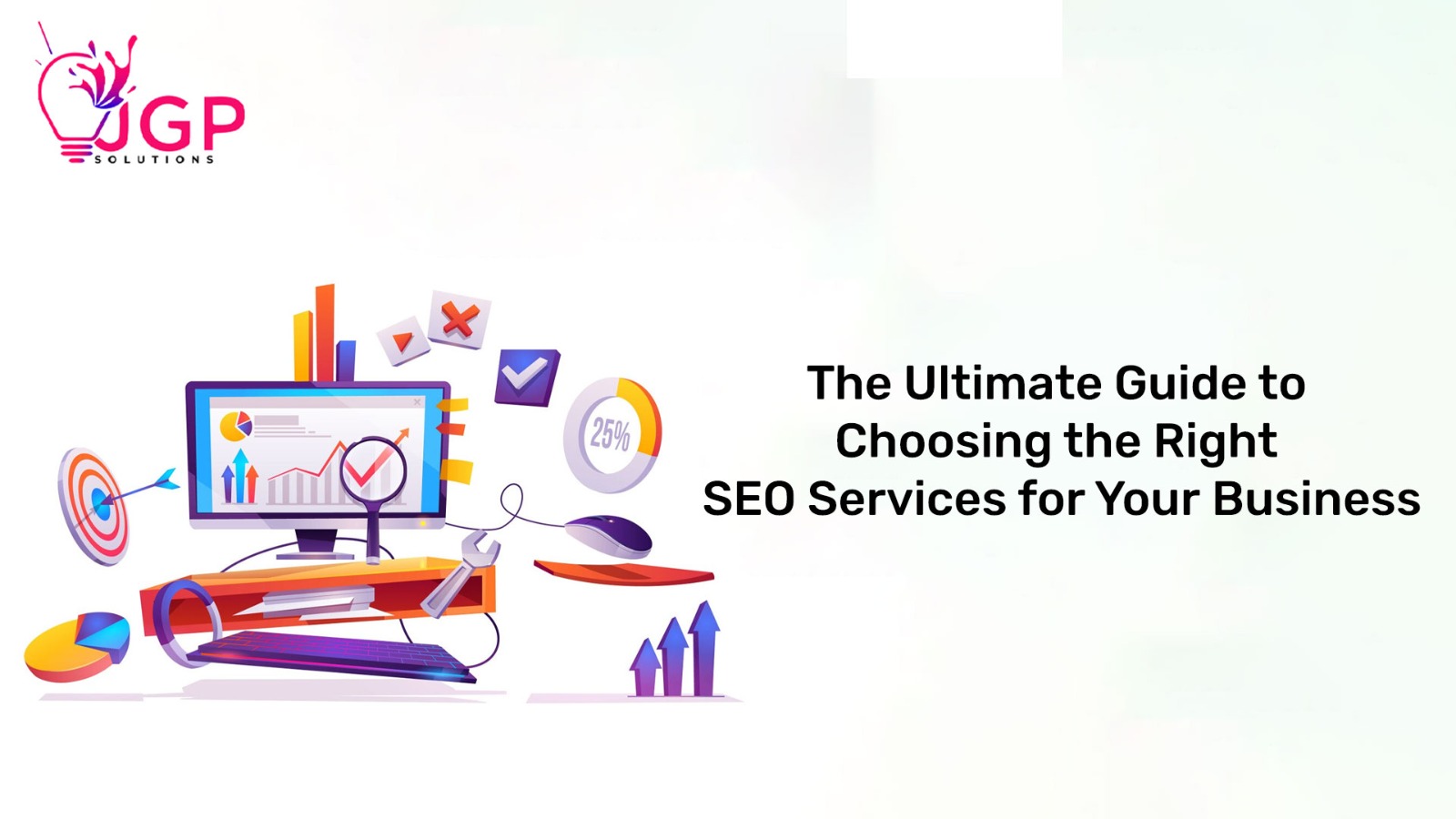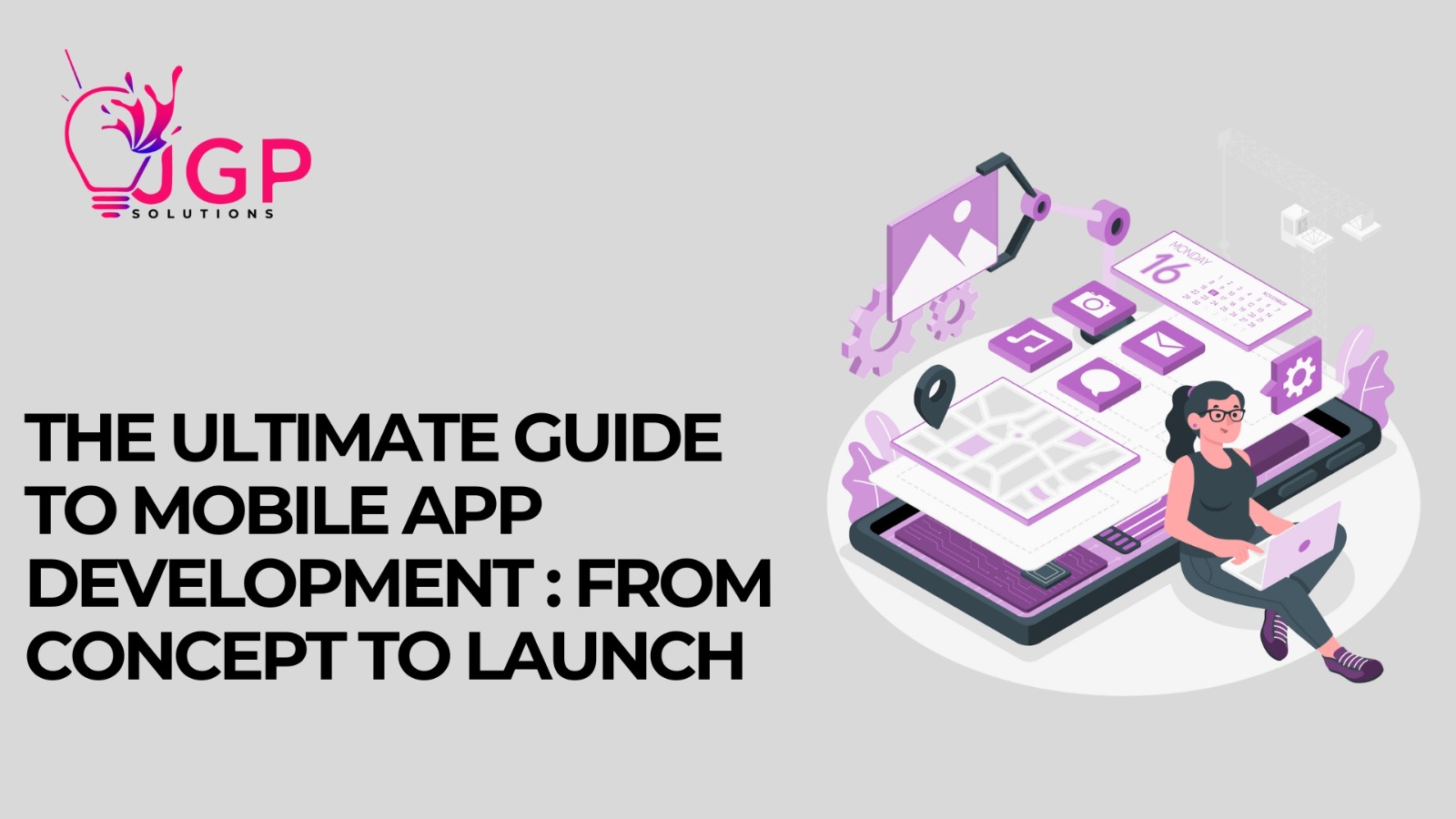Introduction
In the fast-paced digital landscape, where information is abundant and attention spans are fleeting, Effective Content Marketing Strategies has emerged as a cornerstone for building brand identity, engaging audiences, and driving business growth. This comprehensive guide navigates the intricate realm of content marketing, delving into its evolution, key strategies, and the transformative power it holds in establishing meaningful connections with target audiences.
Understanding Content Marketing:
Effective Content Marketing Strategies is a strategic approach focused on creating and distributing valuable, relevant, and consistent content to attract and retain a clearly defined audience. It goes beyond traditional advertising by providing information, entertainment, or solutions to the audience’s needs, ultimately building trust and loyalty. The heart of content marketing lies in storytelling – the art of crafting narratives that resonate with the audience and compel them to take desired actions.
Evolution of Content Marketing: Effective Content Marketing Strategies
The roots of Effective Content Marketing Strategies trace back centuries, but its evolution in the digital age has been revolutionary. Traditional content formats like print articles and radio broadcasts have transformed into an expansive array of digital mediums, including blogs, videos, podcasts, social media, and more. The advent of the internet has democratized content creation, allowing brands of all sizes to share their stories, connect with audiences, and build communities.
Key Components of a Successful Content Marketing Strategy:
- Define Your Audience: A successful content marketing strategy begins with a deep understanding of the target audience. Knowing their demographics, preferences, and pain points allows brands to tailor content that resonates with the audience’s needs and interests.
- Set Clear Objectives: Defining clear objectives is paramount. Whether the goal is to increase brand awareness, drive traffic, generate leads, or foster customer loyalty, having specific and measurable objectives guides the creation and distribution of content.
- Create High-Quality, Valuable Content: Quality is non-negotiable in content marketing. Content should offer genuine value to the audience, whether it’s in the form of educational articles, entertaining videos, or insightful podcasts. Valuable content establishes the brand as an authority in its field.
- Consistency is Key: Consistency builds trust and reliability. A consistent content schedule, whether it’s daily blog posts, weekly videos, or monthly newsletters, keeps the audience engaged and establishes an ongoing connection.
- Utilize a Mix of Content Formats: Diversifying content formats keeps the strategy fresh and appeals to different audience preferences. Incorporate blog posts, infographics, videos, podcasts, and interactive content to cater to a broader audience.
- Optimize for SEO: Search engine optimization (SEO) is integral to content marketing success. Optimize content for relevant keywords, create compelling meta descriptions, and ensure that content aligns with search engine algorithms to enhance visibility.
- Leverage Social Media: Social media is a powerful distribution channel for content. Share content across relevant platforms, engage with the audience, and encourage sharing to amplify reach. Each platform requires a tailored approach to content distribution.
- Encourage Audience Engagement: Content marketing is a two-way street. Encourage audience engagement through comments, shares, likes, and participation in polls or discussions. Respond to audience interactions to foster a sense of community.
- Measure and Analyze Performance: Metrics are crucial for evaluating content marketing effectiveness. Track key performance indicators (KPIs) such as website traffic, conversion rates, social media engagement, and subscriber growth. Use analytics to refine and optimize strategies.
- Adapt to Emerging Trends: The digital landscape is dynamic, and content marketers should stay abreast of emerging trends. Whether it’s interactive content, live video, or immersive technologies, adapting to new trends ensures the strategy remains relevant and innovative.
Content Marketing Platforms and Tools:
- Blogging Platforms: Platforms like WordPress, Medium, and Blogger provide user-friendly interfaces for publishing and managing blog content. These platforms are ideal for businesses looking to establish a strong online presence through written content.
- Social Media Management Tools: Tools like Hootsuite, Buffer, and Sprout Social help schedule and manage social media content across multiple platforms. These tools streamline the distribution process, ensuring consistent and timely content sharing.
- Content Creation Tools: Canva, Adobe Spark, and Piktochart are excellent tools for creating visually appealing graphics and infographics. For video content, tools like Adobe Premiere Pro, iMovie, and Animoto offer user-friendly interfaces for editing and production.
- SEO Tools: Tools such as SEMrush, Ahrefs, and Moz assist in optimizing content for search engines. These tools provide insights into keyword performance, backlink analysis, and competitor research to refine content strategies.
- Analytics Platforms: Google Analytics, Adobe Analytics, and HubSpot Analytics offer in-depth insights into website performance. These platforms track user behavior, conversion rates, and other crucial metrics to assess the impact of content marketing efforts.
Challenges and Solutions in Content Marketing:
While Effective Content Marketing Strategies offers immense opportunities, it also comes with challenges:
- Content Overload: The sheer volume of online content can lead to content overload. To stand out, focus on quality over quantity and prioritize content that addresses specific audience needs.
- Measuring ROI: Determining the return on investment (ROI) for content marketing can be challenging. Utilize analytics tools, track conversions, and correlate content efforts with business objectives to demonstrate tangible results.
- Staying Authentic: Maintaining authenticity is crucial in content marketing. Avoid overly promotional content and focus on storytelling that resonates with the audience’s values and interests.
The Future of Content Marketing:
As technology advances, content marketing is poised to evolve. Artificial intelligence (AI) and machine learning will play a role in personalized content recommendations, and the rise of voice search will impact content creation. Brands that embrace these innovations will stay ahead in the ever-changing landscape of content marketing.
Conclusion:
In the digital era, where information flows seamlessly, Effective Content Marketing Strategies stands as a beacon of strategic communication. By understanding the audience, setting clear objectives, and delivering valuable, authentic content, businesses can forge meaningful connections with their target audience. As technology continues to shape the landscape, content marketing remains an ever-adaptable and powerful tool for businesses seeking to captivate, inform, and inspire in the vast realm of the digital age.




